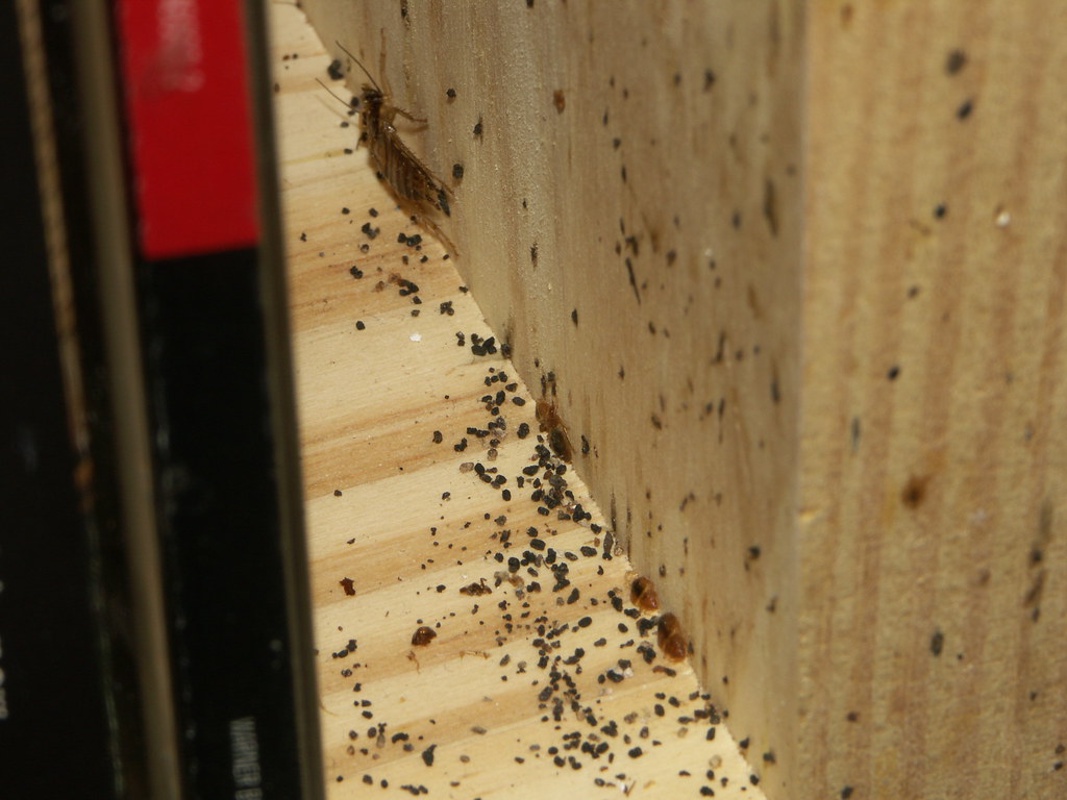Pests and pesticides

Pests and pesticides can both have health effects. Household pests like mice, rats, and cockroaches can trigger asthma, while bed bugs are a well-known nuisance. Meanwhile, warmer winters may mean more vector-borne diseases like babesiosis and west nile virus.
Pesticides are chemicals used to control or kill insects, rats, mice, plants and weeds, or fungi (mold). Exposure to pesticides can occur from consuming foods or beverages that contain pesticide residues, from direct contact with the skin or eyes, or from breathing air in areas where pesticides are applied. Health effects from exposure to pesticides vary by chemical class. In general, short-term effects on humans from high levels of exposure include damage to the skin and eyes, difficulty breathing, neurological tremors or seizure and, in extreme cases, loss of consciousness and death. Current research is investigating whether chronic exposure to certain pesticides increases risk of some cancers, reproductive and developmental problems and neurodegenerative diseases such as Parkinson’s disease.
Rats in your neighborhood
Rat Mitigation Zones
Rat Information Portal
Rat Mitigation Zone Report: January 2025 to June 2025
Biannual rat mitigation strategy report with inspection, summons, and abatement data by Rat Mitigation Zone.
Mosquitoes and ticks can cause serious diseases for New Yorkers Bugs play an important role in our ecosystem: They pollinate plants, break down organic matter into soil, and are a source of food for animals. Some also spread …
Rats are one of New York City’s hottest topics. You see them on the news, while scrolling on social media, and you’ve probably spied more than a few on your commute. We all want to know where in the city the rats are worst, …
Everyone has a story about rats — or more likely, a complaint. If you have made a complaint using 311, you may wonder who receives it, and how it fits into the bigger picture of rat mitigation. What happens to my 311 …
Since we published this data story, some data in it have been updated. Get updated data on: Rat inspections New York City’s modern history of public health starts in the 1600s with the Bureau of Sanitary Inspections, and …



